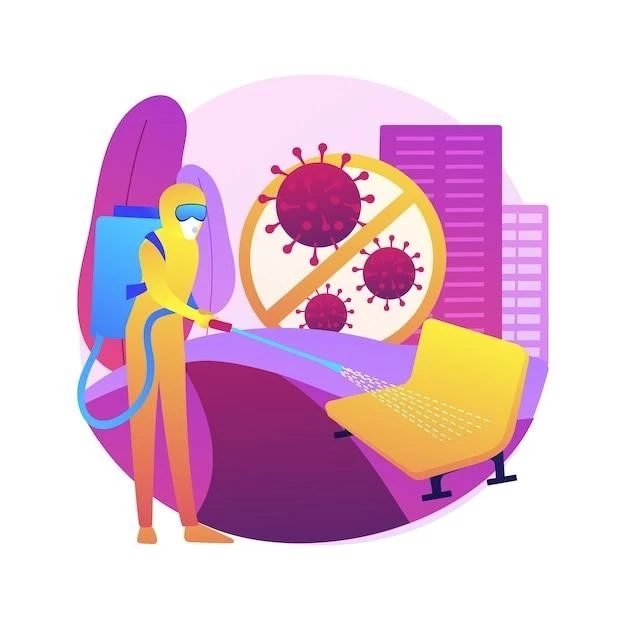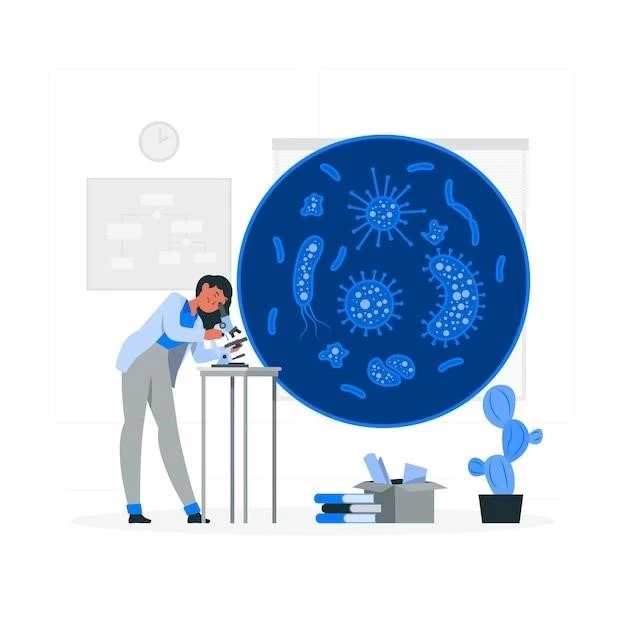Symptoms of Astrovirus Infection
Astrovirus infection typically manifests as vomiting, diarrhea, abdominal pain, and occasionally mild fever․
Overview of Astrovirus
Astrovirus is a type of virus that commonly causes gastrointestinal infections in humans, especially in children and the elderly․ It is spread through contaminated food or water, and outbreaks can occur in crowded or unsanitary conditions․ Astrovirus infection is usually self-limiting and resolves on its own within a few days․
Common Symptoms
The most common symptoms of Astrovirus infection include diarrhea, vomiting, abdominal pain, and occasionally low-grade fever․ These symptoms typically last for 2-4 days and can lead to dehydration, especially in young children and the elderly․ It is important to stay hydrated and seek medical attention if symptoms persist or worsen․

Treatment Options for Astrovirus
Treatment for Astrovirus infection mainly involves staying hydrated and managing symptoms for comfort․
Fluid Replacement Therapy
Fluid replacement therapy is essential in treating Astrovirus infection to prevent dehydration․ It involves drinking oral rehydration solutions, clear fluids, and, in severe cases, intravenous fluids to maintain electrolyte balance and hydration levels․
Medications for Symptom Relief
Medications for symptom relief in Astrovirus infection include antiemetics to control vomiting, antidiarrheal medications to manage diarrhea, and fever reducers to alleviate discomfort․ However, these medications should only be used under the guidance of a healthcare professional․
Prevention of Astrovirus Infection
Preventing Astrovirus infection involves practicing good hand hygiene and ensuring food safety measures are followed diligently․
Hand Hygiene
Hand hygiene is crucial in preventing Astrovirus infection․ Proper handwashing with soap and water for at least 20 seconds, especially after using the bathroom and before eating, can help reduce the risk of spreading the virus․
Food Safety Measures
Practicing food safety measures is essential in preventing Astrovirus infection․ This includes washing fruits and vegetables thoroughly, cooking food to safe temperatures, avoiding cross-contamination, and refraining from consuming contaminated water or unpasteurized dairy products․
Astrovirus Transmission Routes
Astrovirus primarily spreads through the fecal-oral route and person-to-person contact, especially in close or crowded settings․
Fecal-Oral Route
The fecal-oral route is the main mode of Astrovirus transmission, where the virus is ingested through contaminated food, water, or surfaces․ Proper sanitation and hygiene practices can help prevent the spread of Astrovirus through this route․
Person-to-Person Contact
Person-to-person contact plays a significant role in spreading Astrovirus, particularly in households, healthcare facilities, and childcare settings․ Practicing good personal hygiene and avoiding close contact with infected individuals can help reduce transmission of the virus․
Complications of Astrovirus Infection
Complications may include dehydration and severe gastrointestinal symptoms, particularly in vulnerable populations․
Dehydration
Dehydration is a common complication of Astrovirus infection, especially in children and the elderly due to fluid loss from vomiting and diarrhea․ Monitoring hydration levels and promptly replacing lost fluids is crucial in managing dehydration․
Severe Gastrointestinal Symptoms
Severe gastrointestinal symptoms, such as prolonged diarrhea and abdominal pain, can occur in some cases of Astrovirus infection․ These symptoms may lead to complications like electrolyte imbalances and metabolic disturbances, emphasizing the importance of proper medical evaluation and management․
